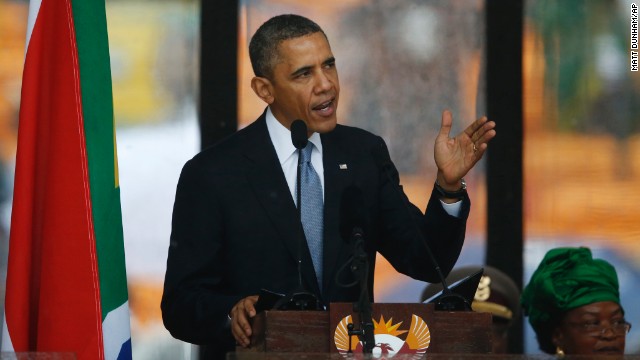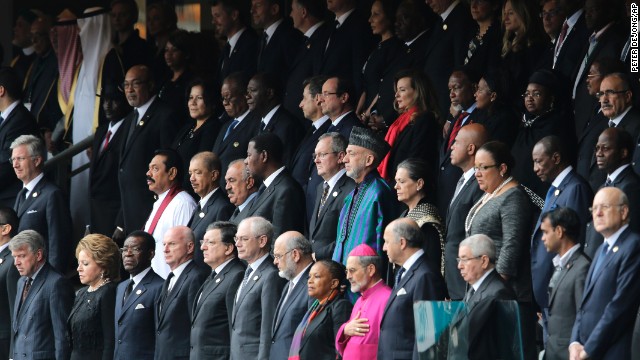 |
| Graca Machel, Mandelas widow |
Nelson Mandela’s widow Graca Machel, has disclosed that her first encounters with the global icon cannot be described at love at first sight.
Machel who barely left her husband’s bedside in the final six months of his life, said her first encounters with Mandela wasn’t love at first sight.
“It wasn’t love at first sight,” Machel said.
“For me things don’t happen like that. For me falling in love is like a spark connecting two people. With Samora, I was with him for some time and only later did I feel the spark. It was the same with Nelson.”
Machel and Mandela were spotted at several events holding hands, even stealing a kiss at Robert Mugabe’s wedding.
At their wedding, Mandela’s fellow Nobel peace laureate, archbishop Desmond Tutu, joked that Machel had made a “decent man” out of her new husband.
Machel was Mandela’s third wife, and he was her second presidential husband. She was the widow of Mozambican president Samora Machel who died in a plane crash in 1986.
She was 27 years younger than Mandela when they married on his 80th birthday in 1998.
“We make sure we spend time with each other because we were so lonely before,” she told Mandela’s authorised biographer after the marriage.
Mandela had been divorced from Winnie, his second wife, for two years when he re-married.
“When I am alone, I am very weak,” he said when discussing Machel in 2007. The couple marked their 15th wedding anniversary on July 18 as Mandela lay critically ill in hospital.
Tutu would later say that South Africans owed Machel a “tremendous debt of gratitude” for the joy she brought Mandela in the latter stages of his life.
“We want to say to Graca, thank you for giving Madiba a happy ending,” the archbishop told a memorial service for Mandela in Johannesburg on Mhas hardly been seen in the wake of his death.
Machel maintained a near round-the-clock bedside vigil during the 84 days Mandela spent in a Pretoria hospital and the subsequent three months he spent at home before he died on December 5.
The Mozambican human rights campaigner had begun cancelling all but a handful of public engagements from June as Mandela’s condition deteriorated.
One of her rare public appearances came a month ago, when she was spotted at the premiere of the movie “Mandela: Long Walk to Freedom” tracing her husband’s journey from prisoner to president.


